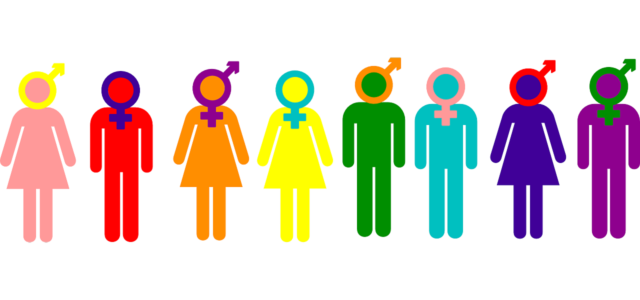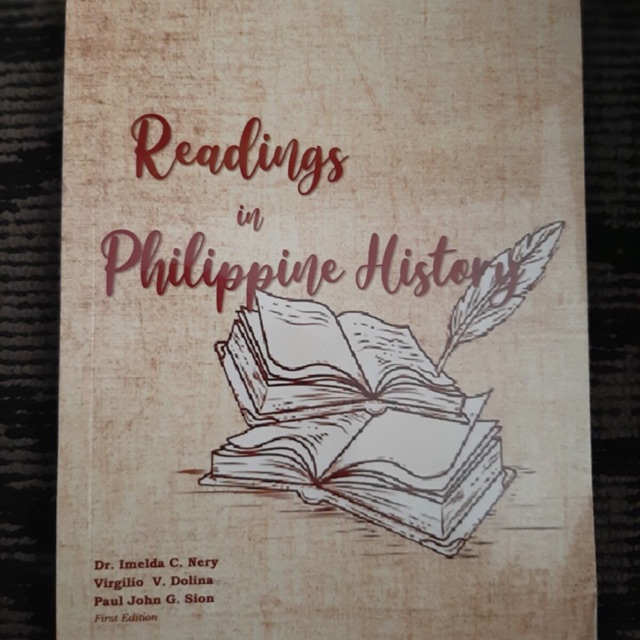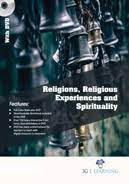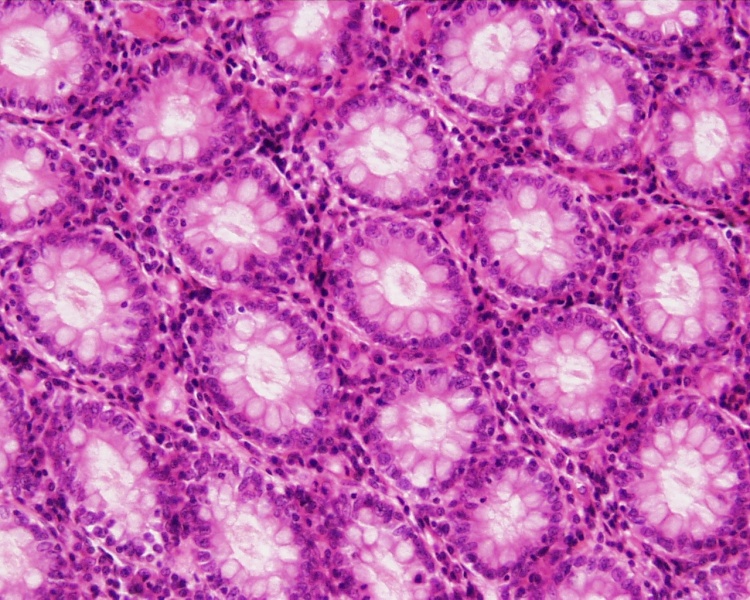
Clinical Parasitology as a field of discipline in medicine and allied health sciences is important especially so that we are having lots of health concerns relative to the increasing incidence of parasitoses. They are mostly considered under Tropical and Neglected Diseases (TNDs). In the province of Cagayan, we have increasing number of cases for Schsitososmiasis in Gonzaga along with newly reported cases of Echinostomiasis and Fasciolopsisis. While malaria cases are decreasing, soil- transmitted helminthiasis is gaining public health attention.
The focus of the subject is the pathogenic organisms, those parasites which are associated to infection. However, since the ultimate role of medical technologists is along diagnosis of parasitic ailments, the subject shall also delve discussing about the commensal parasites. Also, emphasis of the academic discussions and laboratory exercises will be on the differences of the parasites in terms of morphology, life cycle stages, pathogenesis, treatment and control as well as management and prevention of the disease. Certainly, the knowledge of the students on parasitic infection shall guide them in critically analyzing their crucial roles in disease diagnosis as well as in the prevention and control of parasitic infections

The course analyzes Philippine history from multiple perspectives through the lens of selected primary sources coming from various disciplines and of different genres. Students are given opportunities to analyze the author’s background and main arguments, compare different points of view, identify biases and examine the evidences presented in the document. The discussions will tackle traditional topics in history and other interdisciplinary themes that will deepen and broaden their understanding of Philippine political, economic, cultural, social, scientific and religious history. Priority is given to primary materials that could help students develop their analytical and communication skills. The end goal is to develop the historical and critical consciousness of the students so that they will become versatile, articulate, broad-minded, morally upright and responsible citizens.

The course analyzes Philippine history from multiple perspectives through the lens of selected primary sources coming from various disciplines and of different genres. Students are given opportunities to analyze the author’s background and main arguments, compare different points of view, identify biases and examine the evidences presented in the document. The discussions will tackle traditional topics in history and other interdisciplinary themes that will deepen and broaden their understanding of Philippine political, economic, cultural, social, scientific and religious history. Priority is given to primary materials that could help students develop their analytical and communication skills. The end goal is to develop the historical and critical consciousness of the students so that they will become versatile, articulate, broad-minded, morally upright and responsible citizens.
Deskripsyon ng Kurso:
ANG SABDYEK NA ITO AY TUMATALAKAY SA MGA TEORYANG NAKAPALOOB SA PAG-AARAL NG WIKA. ITO AY MGA TEORYANG SIKOLOHIKAL, SOSYOLOHIKAL, ANTROPOLOHIKAL, HISTORICAL AT LINGGWISTIK NA NAKA IIMPLUWENSIYA SA PAGKATUTO/ PAGTUTURO NG WIKA. MAKATUTULONG ANG MGA TEORYANG ITO UPANG HIGIT NA MAINTINDIHAN NG MGA MAG-AARAL ANG MGA KONSEPTONG PUMAPALOOB SA LARANGAN NG WIKA. ITO RIN ANG MAGSISILBING LUNSARAN NILA SA PAGBUO NG MGA SALITA NA GAGAMITIN NILA SA PAKIKIPAGTALASTASAN NA NAANGKOP SA LIPUNAN NA KANILANG GINAGALAWAN. MAGTUTURO ITO SA KANILA NG MGA BAGAY TULAD NG TAMANG PAGGAMIT NG WIKA SA PARTIKULAR NA SITWASYON. GAYUNDIN, MAKAKATULONG SA KANILA BILANG MGA GURO NG WIKA NA SIYANG MAGHAHANTAD SA KANILA NG MGA PANGUNAHING IDEYA.
Team Sports is a physical activity class that focuses on participation as it relates to cultural, ethnic, gender, and physical diversity in such sports as, Volleyball, Basketball, Futsal, Sepak Takraw or any game that incorporates tameness. Explores fitness instruction and leadership in team sports.

This course provides an overview of the rudiments of the appreciation, engagement and critique of art. Through the evaluation of different art forms and samples throughout world history, the inextricable linkages of historical, social and philosophical perspectives and aspects of creative thought and process will illustrate the relevance of art to the contemporary individual and society. Students will be confronted with a wide range topics and issues grounded on both theoretical and practical knowledge and skills, challenging them to articulate their understanding on art. This course endeavors to underscore the different art forms, particularly in the Philippines, inculcating the appreciation of the richness and diversity of their culture and heritage.

The course explores the main tenets and practices of major world religions: Judaism, Christianity, Islam, Hinduism, Theravada Buddhism, Mahayana Buddhism, Confucianism, Taoism and Shintoism. It aims to help learners understand the historical contexts of nine religions, appreciate their uniqueness and similarities and promote mutual understanding among believers of different faiths. They are expected to demonstrate understanding and appreciation of one’s faith and that of others.


